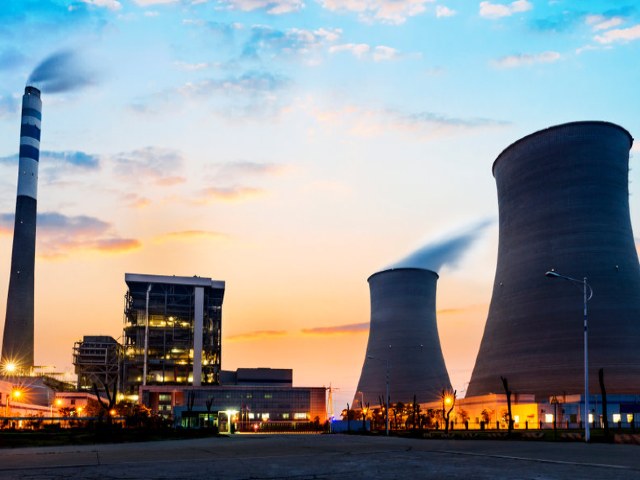 Image by hxdyl on 123rf
Image by hxdyl on 123rf
As Europe comes to terms with its overreliance on Russian gas and looks at ways to secure supply for the coming winter, nuclear power, once considered to do more harm than good, is back on the table.
Did Europe abandon nuclear power too soon and is this power source making a comeback?
To unpack this rapidly evolving landscape, PEI’s Pamela Largue spoke to Rudy Koenig, independent energy advisor and Kirsty Gogan, co-founder of Terrapraxis.
Rising appetite for nuclear
Despite nuclear power’s controversial beginnings, perceptions and political positions are rapidly changing. By COP26 in Glasgow, said Kirsty Gogan, there was much more appetite for nuclear as politicians had a mandate to address the gas crisis.
Gogan said: “We are seeing unprecedented levels of support for nuclear energy, with the geopolitical dimension becoming a strong driver…”
We are even seeing growing positive sentiment in Germany, according to Koenig, who discussed Germany’s strong anti-nuclear movement and how it’s changing. The youth are bringing a more open-minded view of the sector, said Koenig, as they are not plagued by past credibility issues associated with the nuclear industry, such as the lack of trust and transparency.
Risk versus reward
Gogan and Koenig highlighted the hidden risks in Europe’s energy transition, one of which is a baked-in dependence on gas. Risks such as this are now being exposed due to the gas crisis and geopolitical tensions with Russia, and are resulting in a clear push toward nuclear.
More specifically, in Germany, the country’s political agenda was steeped in decarbonisation and denuclearisation, leaving the issue of energy security largely off the agenda. This is no longer the case.
“There is not enough cheap gas. Germany might need to restart their nuclear plants because its economy is exposed to a great deal of risk,” added Gogan.
Clearly, nuclear power is an option to increase energy security, for Germany and Europe at large. However, warned Koenig, “even though the vision of the energy system is credible, the path to get there is not always realistic.”
Koenig is referencing prior failures of the sector, such as cost and project overruns, accidents and security breaches, and that the industry hasn’t always delivered on its promises.
Added Gogan: “Weighing nuclear as an option – can we deliver fast enough and at the scale required to respond to this crisis – experience says no.”
A new approach
However, there are strategies that can mitigate some of the risks associated with nuclear and ensure legacy issues of the past are not repeated. Both Gogan and Koenig agreed there is a need for clear strategic, political recognition, and commitment to understand the role of nuclear.
Also, in order to provide the nuclear power needed at scale, the industry must move from a project-based approach to a high productivity, manufacturing-based approach. Standardised nuclear technology products, like Small Modular Reactors (SMR), can accelerate programmes and licensing and bring down costs.
Koenig concluded by emphasising that nuclear power is a piece of a larger energy puzzle. He said: “Nuclear is certainly not the only part in the overall picture. More importantly, what we need is to rethink our total energy system. Nuclear has an important role in a new energy system infrastructure which needs to be different than the old one.”
